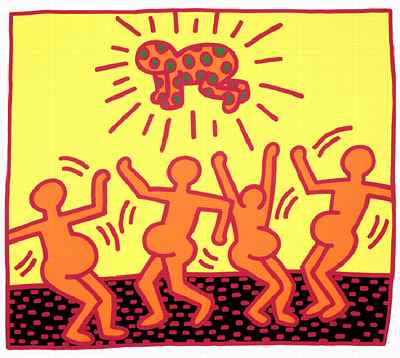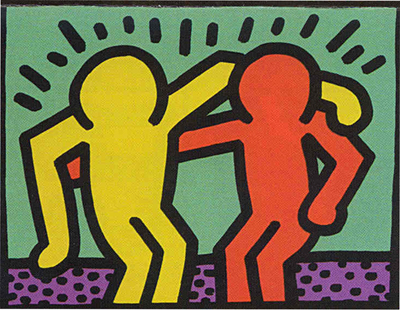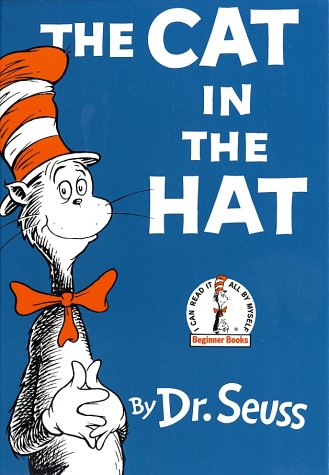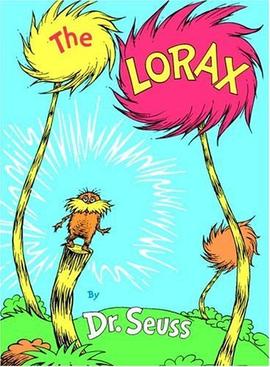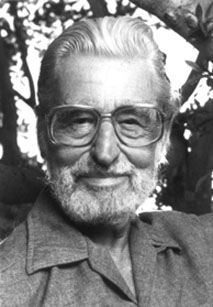
Sex, Drugs, and Cocoa Puffs. Yes, it sounds extremely strange, but, yes, it is a good book to check out if you are intrigued with pop culture and would love listen to someone rant and analyze it. And no, the book is not entirely about sex, drugs, or cocoa puffs.
The title perhaps is a bit arbitrary, but essays within the book do contain parts of it. I was just blown away by his perceptive ability to deconstruct pop culture. His opinions may seem a bit strong at times, but I am completely entertained by his rants and observatios. I am jealous of his writing ability--he takes topics that we are well aware of and opens new windows which we can read into on those topics.
Examples. If you are interested in the following topics, this book will be rather appealing to you: Star Wars, The Real World, Pamela Anderson, porn, basketball, journalism, Billy Joel, cover bands, rock and roll conventions, Vanilla Sky, Saved by the Bell, John Cusack, cereal, The Sims, etc. It's amazing how much there is to tell about our culture just by analyzing simple media products, groups, people, etc.
I don't want to give too much away. I was just astounded that someone could articulate our culture so well. I have never been introduced to anyone who writes about media in this fashion before, especially in well-organized and well-thought-out essays. It is inspiring to me, me who sits here and jabbers on about random observations and media I ingest.
In between each essay, Klosterman inserts a small article (only a page or so) of witty life observations or commentaries. Whether it's exposing that comparing apples to oranges is really not a great comparison, or contemplating if Fonzy is really that much of a man whore as the show made him out to be, he really gets you thinking and laughing at the same time. He points out the obvious, or perhaps something we never got deeper into ourselves before.
I have to expose my favorite part though, without really exposing much of anything at all if you've never read it before. In the middle of the book, Klosterman includes a 23 part questionairre that he must give to a person before he can declare if he loves them or not. Well, maybe I would not give it to someone to justify my love for them, but I think that they are thought-provoking situational questions that are great for sparking conversation if you're just sitting around with your friends, or after a nice dinner with close friends, to perhaps ask them to generate covnersation. Mind you, these are a bit strange, and you might want to read them with people that you won't mind offending or opening up to, but they really are interesting and fun. Just reading them over was intriguing to me.
Sample this piece of writing from the book:
"So I'm eating supper in a Kentucky Fried Chicken, and this crazy old woman who looks like a disheveled version of Minnie Pearl taps me on the shoulder and asks, 'Can you buy me some chicken?' I, of course, say, 'What?' Because this does not seem like an appropriate question. She asks again, 'Can you buy me some chicken?' This time I flatly say no. Then she changes her query and asks, "Can I have a dollar to buy me some chicken?" I again decline, and she skulks away, exiting the establishment and camping out in front of the KFC sign on the sidewalk.
Ten minutes later, I finish the last nibble of my buttermilk biscuit, all the while watching this old woman out the window. She continues to unsuccessfully panhandle. As I leave the restaurant and begin walking home, I pass this woman and she stops me again, 'Can you buy me some chicken?' she asks. Again I say, 'What?' She preceeds to repeat her question, and--upon my silence--asks if she can instead have a dollar to buy some chicken for herself.
To me, this just seems like a poor business philosophy. I realize street people don't really provide a 'service,' per se, but--if you had to quantify what they do contribute into some kind of discernable social role--the most flattering description might be that they make us feel like we're a part of civilization. They are a part of an urban landscape, they are reminders of how life is wicked, and they are profiles in courage.
Or at least they could be profiles in courage, if they weren't so goddamn inconsiderate. How can you not remember talking to me, old woman? It's not like you're haunted by career responsibilities and bombarded by stimuli; in the past ten minutes, you've merely asked random strangers for free chicken. Is recalling that I've already declined to give you my charity too much to ask? Must you treat me like a complete stranger? As members of the same civilization, can I not expect the courtesy of a knowing glance when you beg for chicken a second time?
That's the problem with homeless people: To them, we're all just a number."



